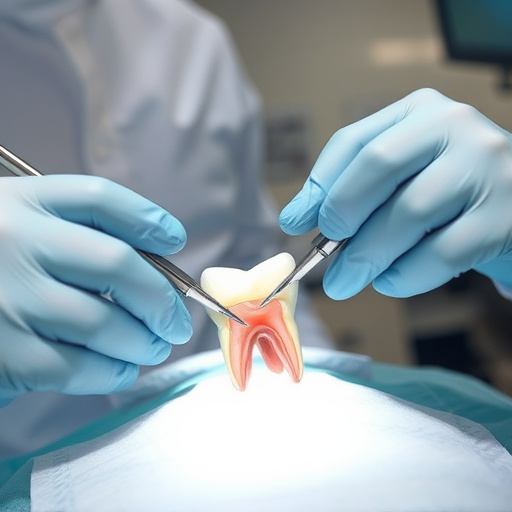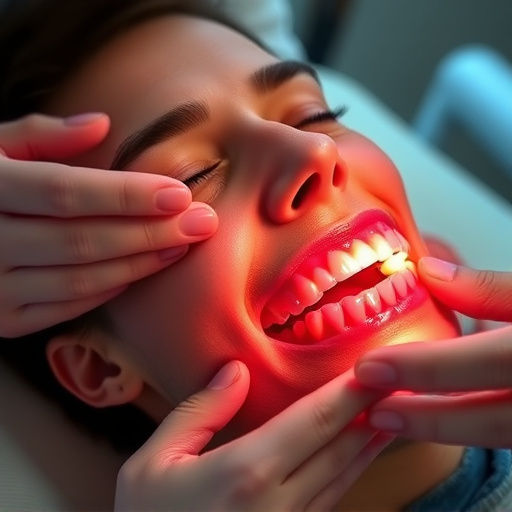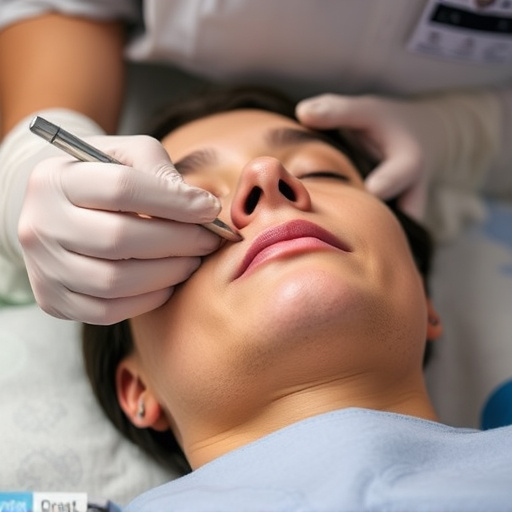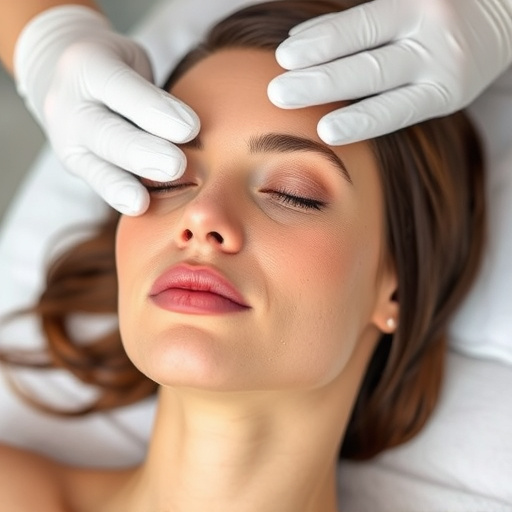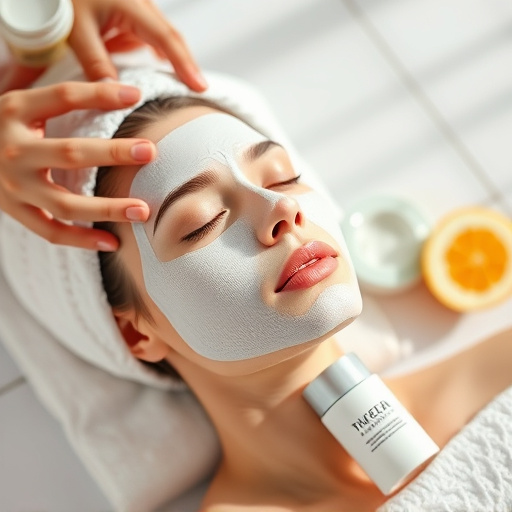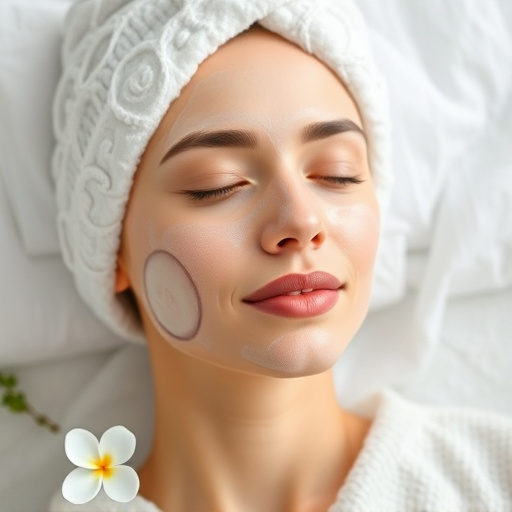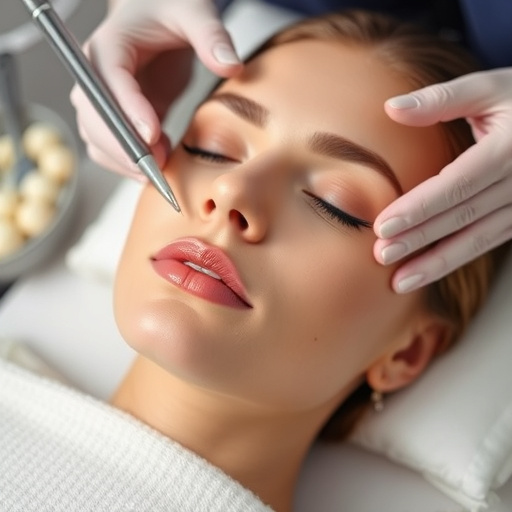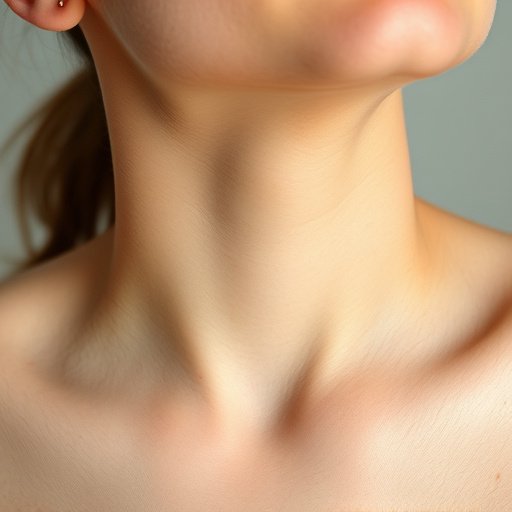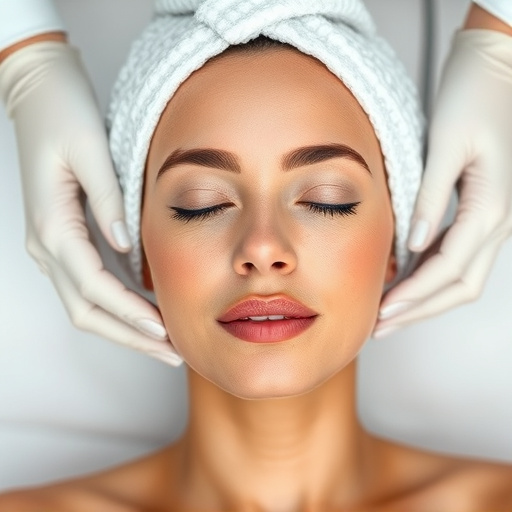Teenage acne, primarily hormonal, is exacerbated by stress, diet, and genetics. Teenage acne treatment involves lifestyle changes, topical medications, and aesthetic procedures like body contouring or skin brightening. Medical interventions, including retinoids, antibiotics, and oral contraceptives, target severe cases with close dermatological monitoring. Mild to moderate acne responds well to natural solutions: balanced diet, hydration, exercise, facials, and chemical peels under professional guidance.
“Uncover effective hormonal teenage acne treatment plans that go beyond topical creams. This comprehensive guide explores the root causes and triggers of this common issue, offering a balanced approach to management. For severe cases, discover medical interventions with real results. Learn about natural remedies and lifestyle adjustments to tackle mild to moderate acne. From understanding the science behind it to practical strategies, this article equips teens with knowledge, empowering them to embrace clear, confident skin.”
- Understanding Teenage Acne: Causes and Triggers
- Medical Treatments for Severe Cases: Options and Considerations
- Natural and Lifestyle Approaches to Clear Up Mild to Moderate Acne
Understanding Teenage Acne: Causes and Triggers
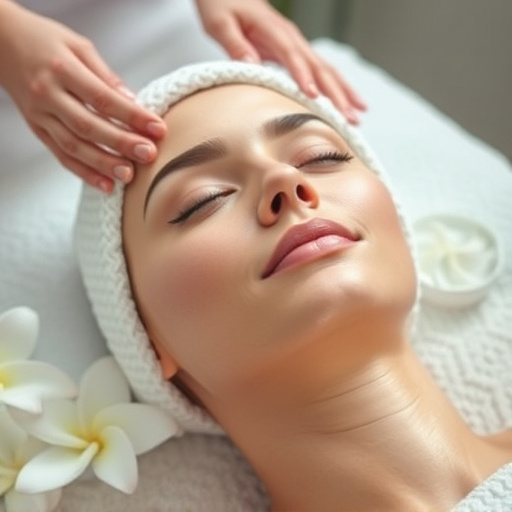
Teenage acne is a common concern that many adolescents face during their formative years. Understanding its causes and triggers is essential in developing effective teenage acne treatment plans. This skin condition is primarily driven by hormonal fluctuations, particularly an increase in androgens (male hormones) during puberty. These hormones stimulate the sebaceous glands to produce more sebum, a natural oil that keeps the skin moisturized but can also clog pores when combined with dead skin cells and bacteria.
Various factors contribute to the onset and severity of teenage acne. Stress, certain foods, cosmetic products, and even climate can act as triggers. Additionally, genetic predisposition plays a significant role—if your parents had acne, there’s a higher chance you will too. While it may seem like a battle against countless causes, addressing these factors through lifestyle changes, topical treatments, or even aesthetic treatments like body contouring and skin brightening, can significantly improve skin health and appearance for teenagers struggling with this issue.
Medical Treatments for Severe Cases: Options and Considerations
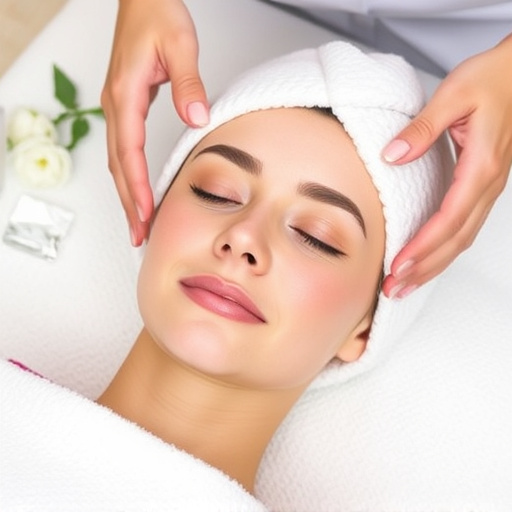
For severe cases of teenage acne that don’t respond to over-the-counter solutions or lifestyle adjustments, medical treatments offer a range of effective options. It’s important to consult with a dermatologist who can assess the severity and type of acne, as well as consider individual skin concerns and tolerance for medications.
Common medical treatments include topical prescriptions such as retinoids, antibiotics, and benzocaine, which target different aspects of acne formation. In more severe cases, oral contraceptives or isotretinoin may be prescribed. While these treatments aim to clear the skin, it’s crucial to remember that they might also have side effects, requiring careful monitoring by a healthcare professional. Additionally, aesthetic treatments like body contouring or skin tightening shouldn’t be considered for acne management unless specifically recommended and supervised by a dermatologist as part of a comprehensive treatment plan.
Natural and Lifestyle Approaches to Clear Up Mild to Moderate Acne
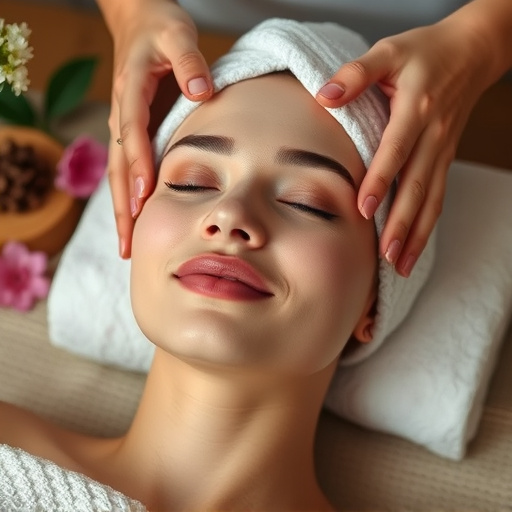
For teenagers dealing with mild to moderate acne, natural and lifestyle approaches can be highly effective. Incorporating a balanced diet rich in fruits, vegetables, whole grains, and lean proteins can significantly improve skin health. Staying hydrated by drinking plenty of water is another key strategy; proper hydration supports skin elasticity and helps flush out toxins. Regular exercise, while promoting overall well-being, can also help reduce acne by sweating out excess oil and improving blood circulation.
In addition to these lifestyle changes, specific treatments like hydrating facials can provide a natural boost to the skin’s moisture levels, reducing inflammation and unclogging pores. Non-surgical treatments such as chemical peels, when administered by a qualified dermatologist, can safely remove dead skin cells and stimulate collagen production, leading to clearer and smoother skin. These holistic approaches offer teen acne treatment alternatives that are both safe and effective.
Teenage acne can be a challenging experience, but with the right approach, there are effective hormonal treatment plans available. Understanding the causes and triggers is key, leading to both medical interventions for severe cases and natural lifestyle changes for milder forms. By combining these strategies, teens can gain control over their skin health, resulting in clearer, healthier complexions. Remember, consistent care and a holistic approach to teenage acne treatment are essential for achieving long-lasting results.




